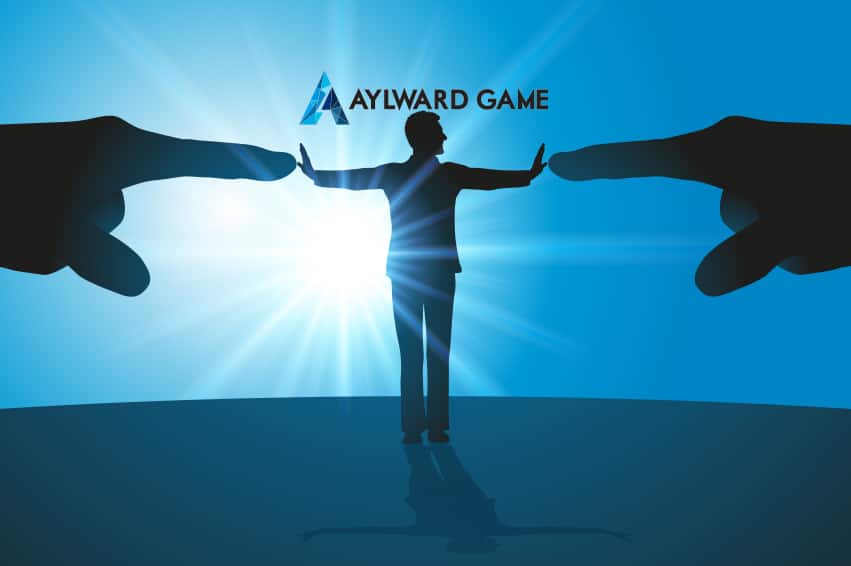Alternative Dispute Resolutions & Resolving your Legal matters During Lockdown
With the courts adjusting to a new reality of not being able to conduct hearing in person and using telephone and video hearings, delays and “teething problems” in the new ways of working through the Court process are almost inevitable. So the question becomes: “resolving your legal matters during a lockdown?”. Now more than ever […]

Alternative Dispute Resolutions & Resolving your Legal matters During Lockdown
With the courts adjusting to a new reality of not being able to conduct hearing in person and using telephone and video hearings, delays and “teething problems” in the new ways of working through the Court process are almost inevitable. So the question becomes: “resolving your legal matters during a lockdown?”.
Now more than ever finding alternative methods of resolving family law disputes and managing your legal affairs is paramount and may save you time, money, and professional and personal relationships.
Ian Field an Accredited Specialist in Family Law and Partner at Aylward Game Solicitors, says: “In these evolving and unusual circumstances, it’s important for clients and parties to family law disputes to know their options regarding the resolution of Family Law legal matters – that many can be done remotely and sometimes with lower legal fees if you can avoid going to Court.” He adds that with regard to disputes, in particular, there are alternative dispute resolution mechanisms that are often the better choice over a prolonged court case – even when not in lockdown.
Negotiation
Appointing a solicitor who is focused on providing practical and realistic advice, and instructing them to explore the prospects of negotiating an agreement that is acceptable to all parties is a sensible but sometimes overlooked first step. The focus at Aylward Game is always on finding a solution. It may not always be possible, and of course, it requires everyone to be willing to accept some degree of compromise, but looking for a solution is always the better approach.

Mediation
This involves an independent, qualified third-party listening to each party’s case, examining the dispute, and assisting the parties to find a solution. Mediation can allow for a creative resolution in ways that a court sometimes cannot. “Also, mediation is ‘without prejudice’,” explains Ian, “which means that anything a party says in mediation cannot later be used in court proceedings.” This allows participants to explore options for settlement.
As a cost-saving, parties can share the cost of the mediator, and if undertaken prior to commencing proceedings will avoid the costs of preparing for and attending the Court – there is also the option of contactless mediation, conducted remotely using telephone or video links and e-mail of documents, to ensure contact between people is minimized and social distancing rules are observed. When successful, mediation will usually be much quicker than using the Court to resolving your legal matters during a lockdown.
Arbitration
Unlike mediation, arbitration results in a ‘decision’ – which can be converted to an ‘order of the court’ by agreement between the parties. Here, parties are usually represented by legal practitioners because arbitration proceedings are more like an actual court hearing than mediation. The arbitrator will usually be an experienced senior legal practitioner, and so it is recommended that each party have an experienced legal practitioner to represent them in the arbitration proceedings for the arbitrator to make a ‘decision’.
Arbitration is still an adversarial process in that the arbitrator will make a decision after considering the evidence presented to them and the arguments and submissions put to them on behalf of the parties. Ian adds that ‘speed and efficiency’ is a major advantage of arbitration. “Parties are not restricted by the court’s timelines and thus an arbitrator can resolve a matter in days, weeks, or months rather than (now perhaps) years,” he explains. In arbitration, it is usually the case that the parties and the arbitrator are able to agree with some of the rules and procedures that will apply. Arbitration is only available for property settlement and financial disputes.

Family law matters require a balanced and experienced approach and if you require guidance through this process in an already difficult time, please contact our experienced family lawyers for a free 20-minute consultation on 1800 217 217.





SHARE THIS